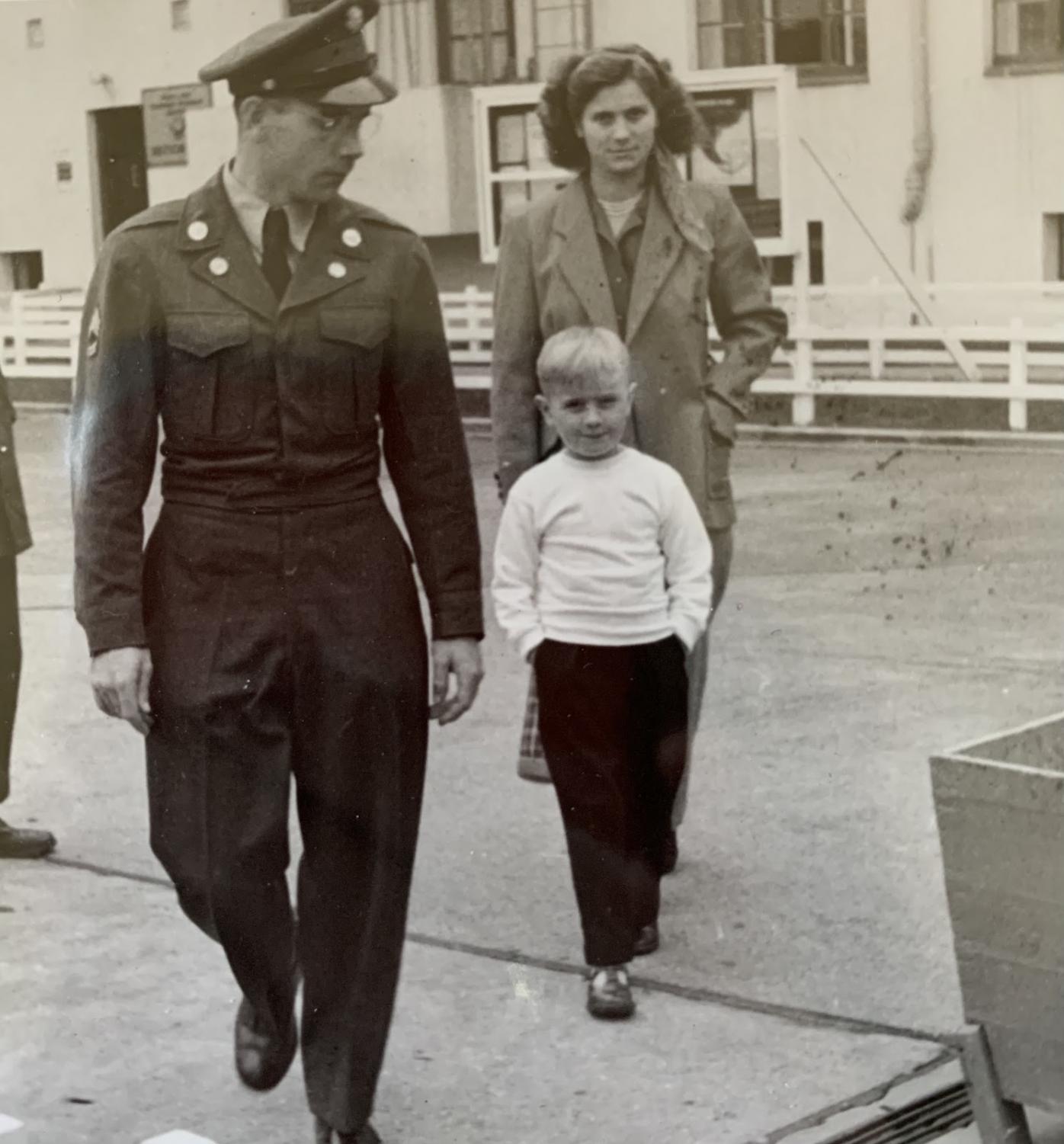Impact Discrimination Leaves on Children
December 10, 2020

Horst Uttech was born in Germany at the end of World War II. He and his mother were a part of the 370,000 German citizens to move to American after World War II. They moved to America to live with his grandparents, when he was six years old in hopes for a better life. His family wanted him to speak English to make it easier on him. His grandmother used to drill him on phonics.
It was not until he was fourteen that he became a American citizen. He did not have to take a test. He was asked questions by a “great big ugly guy” (Uttech). The main question he asked was if Uttech would be willing to shoot a German if Germany and America got into another war. “I was so afraid of that big guy I remember thinking I’d shoot my mother if he said I had to” (Uttech). After that he became a citizen.
For the most part, Uttech said he felt like one of the kids. Besides at the movies, an incident when he was six years old and during sports. His friends treated him as if he was any other. He may have not faced a ton of discrimination but the discrimination he did face stuck with him for life.
He felt like an outsider at the movies. After the movies finished playing they would watch the credits. They would wait until they saw their names up on the big screen. They played the game for years. It wasn’t until the 1960s when he first saw his name on the big screen when Horst Bucholz became a star.
Uttech struggled to make friends because of his immigrant status. When Uttech was six years old he had befriended a brother and a sister around his age. One day, on their mothers orders they told him they could no longer be friends because they were not to associate with a German child. “After an incident in either Ann Arbor or Battle Creek I became even more reluctant to make new friends” (Uttech). His entire life he was afraid to make new friends.
Uttech faced discrimination in sports. Uttech joined his local Walther League basketball team in hopes to get the American childhood experience. His coach would refuse to put him in the game even though he attended every practice and every game. “It was starting to wear on me but I refused to quit” (Uttech). During the last game of the season, they were down forty nothing. His teammates begged their coach to put him in since it would not matter since they already lost. Their coach declined, leaving Uttech to never get to play in a game. After that season he had never joined another sports team.
Uttech along with other immigrant children go through so much. Including leaving their homes in hope to find a better life, leaving their friends and having to make new ones, having to learn a new language, cultural barriers and discrimination that impacts them for a lifetime.
In the article The Educational, Psychological, and Social Impact of discrimination on the Immigrant Child writer Christia Spears Brown says, “younger children (under about age 10) generally do not have the cognitive sophistication to detect structural, abstract, or highly subtle forms of discrimination” Uttech was 6 years old and it has impacted him.
Whether you were an immigrant in the 1940s or today, you will still suffer discrimination in America. People need to be more careful with their words and actions and learn to welcome outsiders into this country.




































































